Enhance Emotional Well-being: A Trauma Recovery Toolkit
7min read.
Enhance Your Emotional Well-being: A Trauma Recovery Toolkit
Embarking on the journey of trauma recovery, especially from experiences of betrayal, narcissistic abuse, and childhood abuse, can be an arduous path. However, it’s essential to approach this healing journey from a place of nurturing, acknowledging the profound struggle that accompanies it.
As you walk your path though life you decide if you are going to enhance your emotional well-being. You’ll need to build your recovery toolkit as you go and improving emotional well-being should be a priority. As you discover more about yourself and truly understand the emotional, mental, and physical effects your emotional trauma has created, remember that you are an ever-evolving soul and the key to your own transformation.
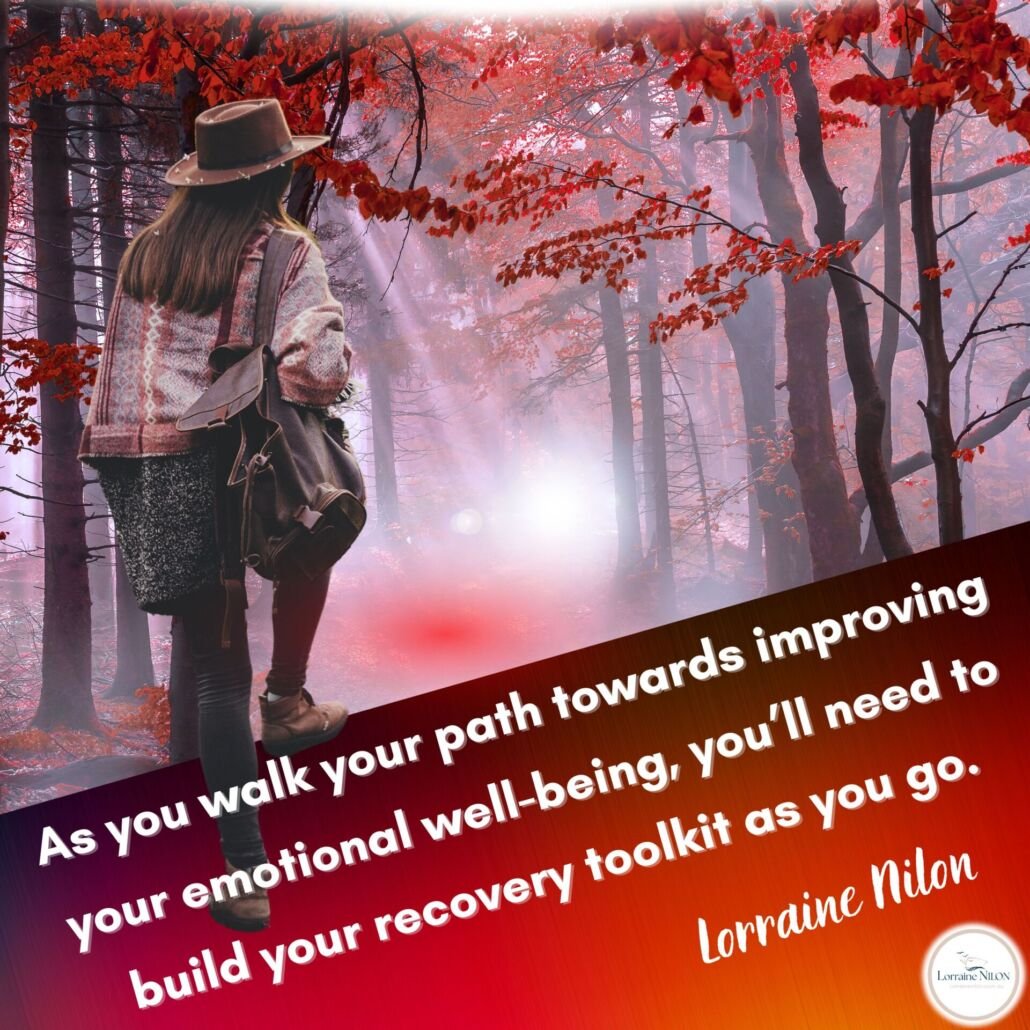
Enhance Emotional Well-being with Self-Reflection!
We all must explore the importance of facing our suppressed emotions, self-opposing beliefs, and trust that there is a purpose to this process. If we don’t, we get lost in the victimhood of our pain and become disillusioned by others’ indifference to our struggles.
The courage to face our emotions is never easily found because we condition ourselves to hide what we don’t understand; most of us don’t understand our own trauma. Improving emotional well-being starts with self-honesty and it will enhance emotional well-being once we accept the truth of our recovery being a journey!
It is difficult to value ourselves and build a library of personal insights when we feel demoralized, unsupported, and unsafe. This is why it is important to seek help—a process that enables us to build the self-reflective skills required to come to peace with what we have experienced and the emotional scars we carry.

Improve Emotional Well-Being with Self-Honesty!
The road to healing begins with a courageous choice: the choice to be honest with ourselves. Yet, this simple act is often one of the most challenging. It demands the strength to challenge the familiar and trust ourselves enough to bridge the gap between where we are and where we want to be. That’s the journey, and we can’t just talk about it; we must live the healing adventure.
Be prepared for the ups and the downs while knowing we are heading to emotional freedom.
Improving emotional well-being is not suppression with a dose of amnesia. It is emotional maturity! When our memories do arise, because they will, we are not triggered to the point of being traumatized again. Instead, we manage our reaction with self-care and respect for what has occurred. We use what we have learned about ourselves since the emotional trauma. To do this, we must do the inner work, become self-aware so we can enhance emotional well-being.
Being self-reflective is the tool that enables us to do the work, build self-understanding, and become resilient. Resilience comes from dealing with our past so that is no longer carried as a soul burden!
Dealing with what burden you becomes the path to enhance emotional well-being. Once understood, you’ll never choose to reside within the pain of your trauma but it is a journey through it not around it.
When we suppress our freewill and abandon our freedom of choice, we inevitably experience inner conflict. This occurs when our unresolved emotions control us. They control us when we don’t understand the truth of what we feel, believe, and fear.
The internal turmoil leads to attempts at self-control, where we try to control ourselves to perform an image that pacifies our fear of our own emotional turbulence and to uphold an illusion that we have got ourselves and life under our control. But images are never sustainable, so when we begin to face image failure, illusions burst, and we fear being caught in the vulnerability of exposure.
Upholding an image of well-being never leads to improving emotional well-being!
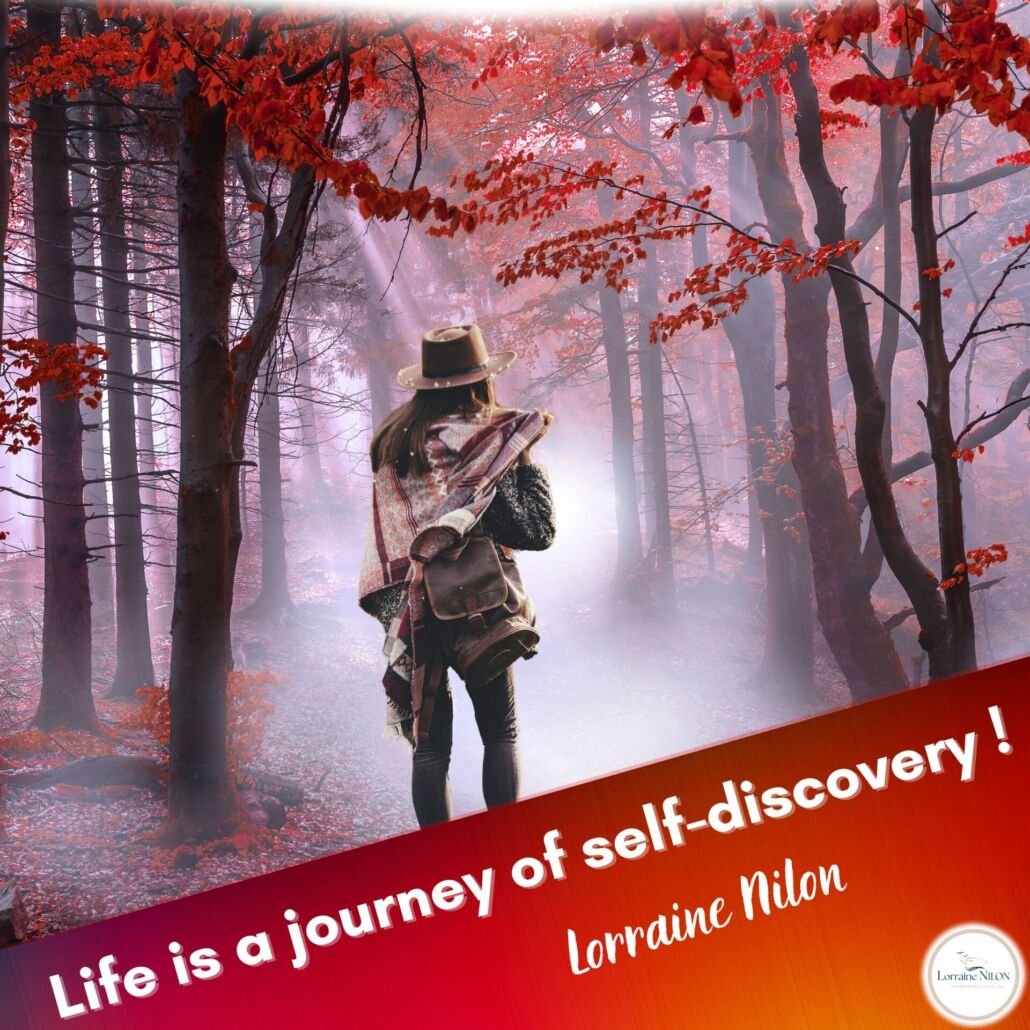
Enhance Emotional Well-Being Tool Kit!
Our fear causes us to justify every action we use that is really an attempt to pacify your emotions. We become addicted to our avoidance of ourselves and begin to lie and blame others for what we cannot hide from ourselves. We become cyclic pattern creators and form emotional merry-go-rounds that plague our existence.
Recovery starts with a choice, and knowing that we are the ones making the greatest decisions in life is a major tool in the toolkit of recovery. Life can throw the unexpected, people can be hurtful and vicious, BUT we choose for ourselves how we feel about ourselves.
When we know we are worth the commitment to honestly deal with our emotional landscape, we empower ourselves, enhance emotional well-being and begin to acknowledge we are the purpose in our own lives. Our evolution is divine purpose.
Be reflective on the following points, contemplate their importance:
Embracing the Power of Choice:
It is starts with a choice to enhance emotional well-being and it is an important choice! YES we need to choose to apply effort to improving emotional well-being and choice can serve as an empowering stepping-stone on your healing journey.
Recognize that your choices have the potential to shape your recovery and personal growth.
Rejecting the significance of choice, on the other hand, leaves you doubting and mistrusting yourself. It hinders your progress and keeps you trapped in a cycle of emotional turmoil.
You have the freedom to choose how you respond to your experiences and to acknowledge the lessons they offer. Your reactions to life’s challenges become pivotal points in your growth and recovery.
Take Responsibility for Your Own Recovery:
You are responsible for your recovery, but that doesn’t mean you have to go through it alone. While others may have caused your pain, it’s your responsibility to heal. This isn’t a punishment but a recognition of your worth.
Enhance emotional well-being by taking the responsibility to find what we aid your healing process.
Accept Yourself:
Accepting yourself begins with a decision to honor your worth, even when others don’t.
Understand that self-acceptance is a process, and it’s okay to seek a better understanding of yourself. Compassion for yourself is the antidote to self-judgment.
Acknowledge Reality:
In a world dominated by curated images and virtual connections, it’s vital to acknowledge the importance of reality. Being present and engaged in your own life and with others can help you reconnect with your humanity.
Trust your instincts and rely on facts over judgments.
Celebrate Achievements:
Don’t wait for major accomplishments to celebrate your existence. Find joy in the small things, like smiling or laughter.
Recognize that the journey itself is valuable, and negative beliefs should not hold you back from celebrating your soul’s journey.
Building your emotional well-being is a journey that requires courage, self-compassion, and a commitment to facing your emotions. Remember that you are not alone on this path, and you have the power to choose how you respond to your experiences. By taking responsibility for your recovery, accepting yourself, acknowledging reality, and celebrating the small victories, you can begin the transformative process of healing from trauma and building your emotional well-being. Your journey is unique, significant, and worthy of celebration at every step.
Conclusion
Improving your emotional well-being is a journey that requires courage, self-compassion, and a commitment to facing your emotions. Remember that you are not alone on this path, and you have the power to choose how you respond to your experiences.
By taking responsibility for your recovery, accepting yourself, acknowledging reality, and celebrating the small victories, you can begin the transformative process of healing from trauma and enhance your emotional well-being. Your journey is unique, significant, and worthy of celebration at every step.
Session with Lorraine Helps you understand the gaslighting recovery process!
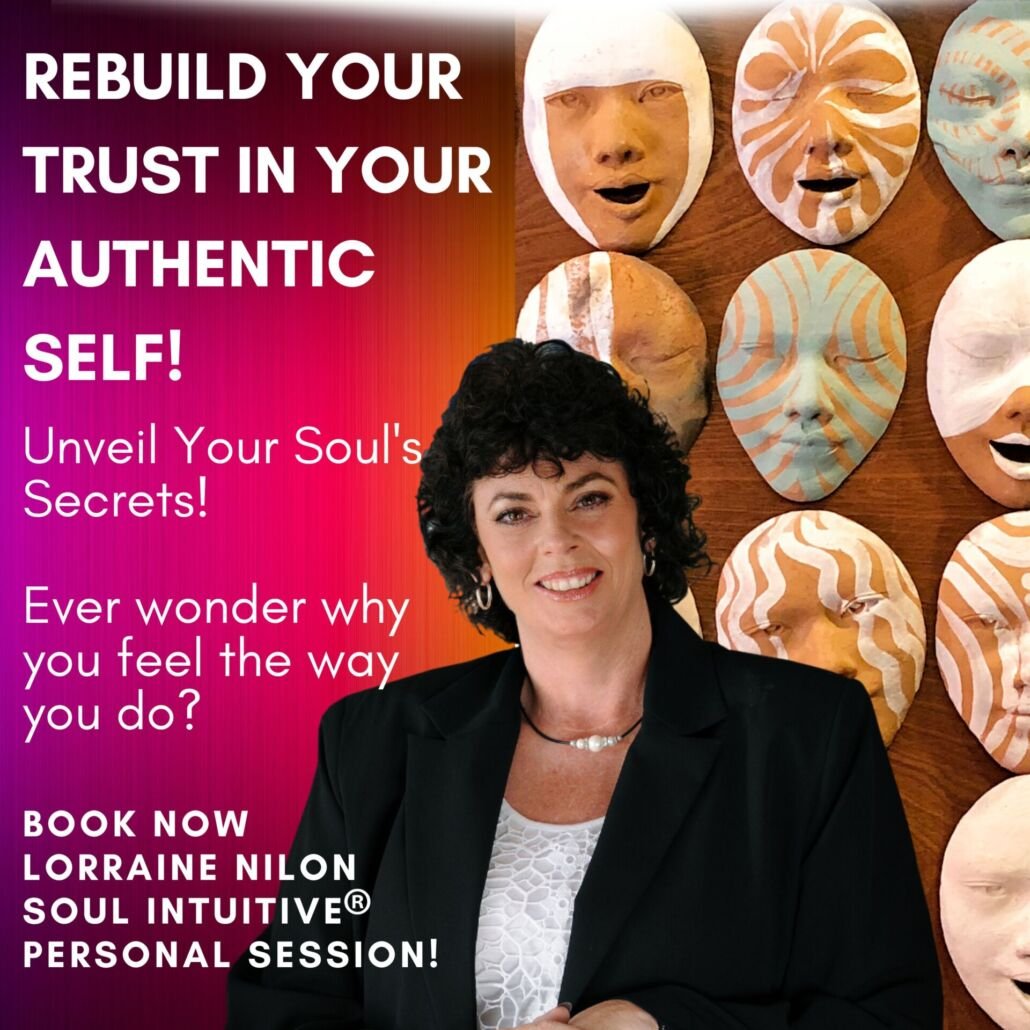
Follow your curiosity! BOOK NOW
Personal Reflection About Improving Emotional Well-Being:
As we navigate the intricate landscape of emotional trauma recovery, it’s important for each of us to recognize the uniqueness of our journeys. In my own pursuit of healing and growth, I’ve come to understand that acknowledging the pain and embracing the path to recovery is not a one-size-fits-all endeavor.
There have been moments when the weight of my own experiences felt insurmountable, and the choice to confront those buried emotions seemed daunting. Yet, with each step forward, I discovered the transformative power of self-reflection and the importance of honoring my choices in the healing process.
It’s essential to recognize that the journey is not linear; it involves peaks and valleys, moments of clarity, and times when the road ahead seems shrouded in uncertainty. The courage to face our emotions, coupled with the acceptance of responsibility for our own recovery, forms the bedrock of our resilience.
Through the ups and downs, the commitment to self-acceptance has been my guiding light. Compassion for oneself in the face of adversity serves as a powerful tool, helping to dispel the shadows of self-judgment and fostering an environment of understanding.
In the realm of emotional freedom, I’ve experienced the profound shift from suppression to maturity, where memories no longer trigger retraumatization. Instead, they become opportunities for self-care, reflection, and personal growth.
If you are embarking on this journey, let’s celebrate the victories—both big and small. The journey itself, with its twists and turns, is a testament to our strength and resilience.
Each moment of acknowledgment, each choice to face reality, and every step towards self-acceptance contributes to the beautiful tapestry of our emotional well-being.
May this reflection inspire you to embrace your unique path, recognizing the significance of your choices, and celebrating the ongoing evolution that defines your personal journey of healing. You are not alone, and your story is an integral part of the broader narrative of triumph over adversity.

 Free 12-Day Quote Contemplation Course.
Free 12-Day Quote Contemplation Course. 
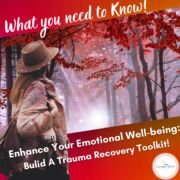 Lorraine Nilon
Lorraine Nilon  Lorraine Nilon
Lorraine Nilon

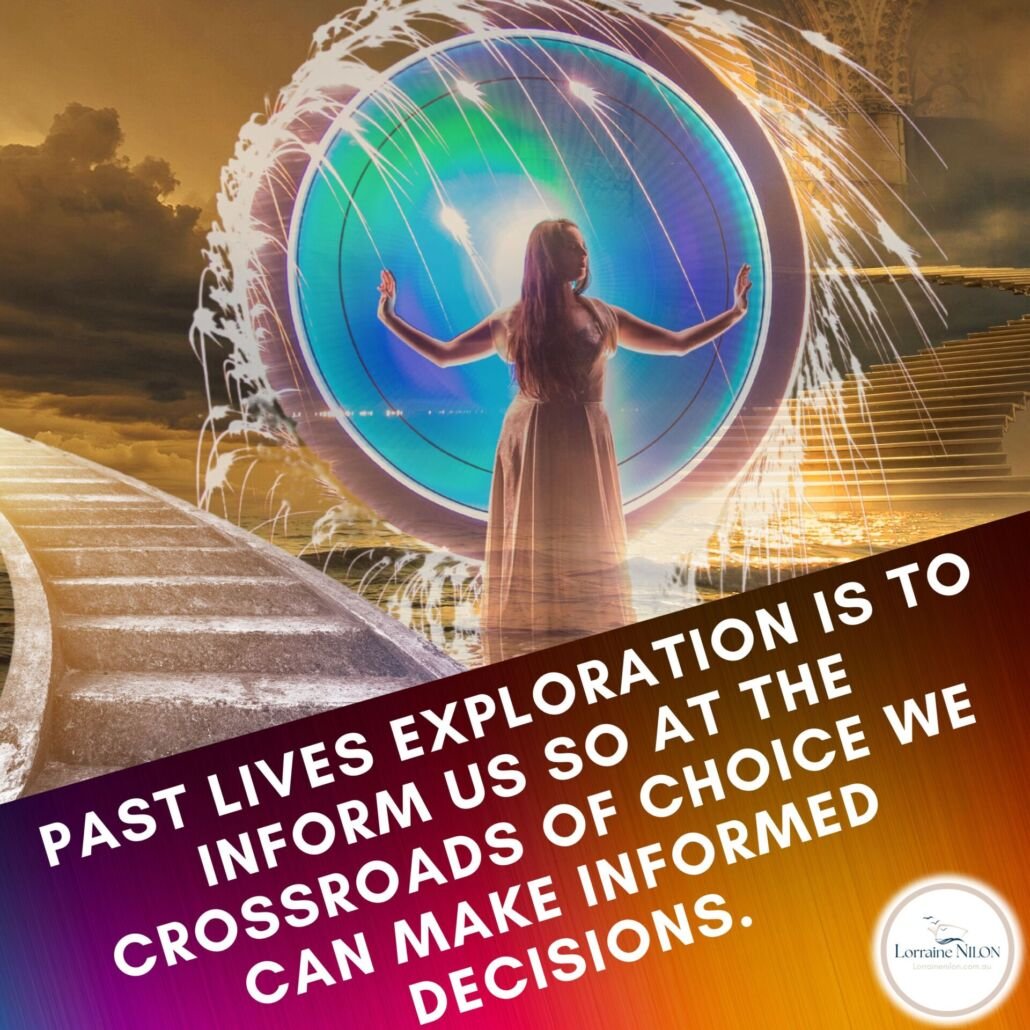



 Lorraine Nilon
Lorraine Nilon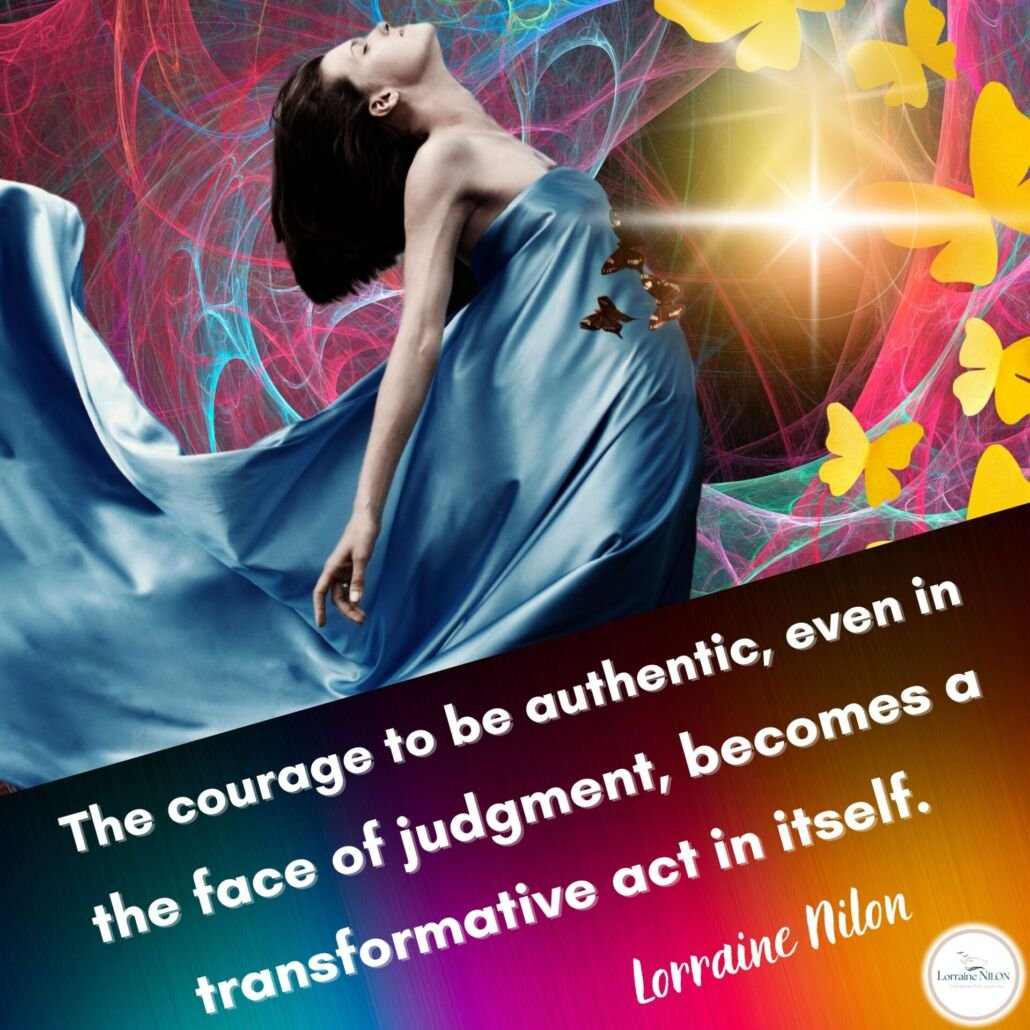

 Lorraine Nilon
Lorraine Nilon 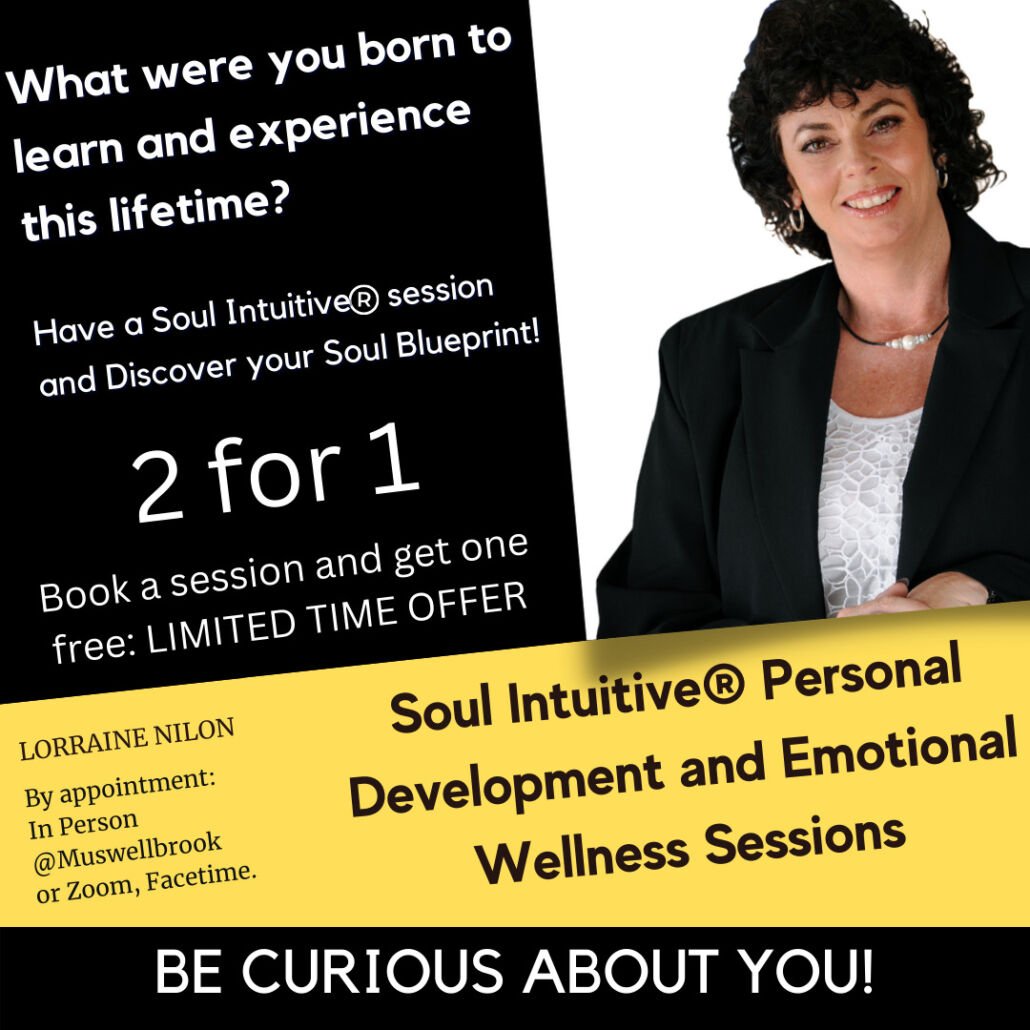


 Lorraine Nilon
Lorraine Nilon 